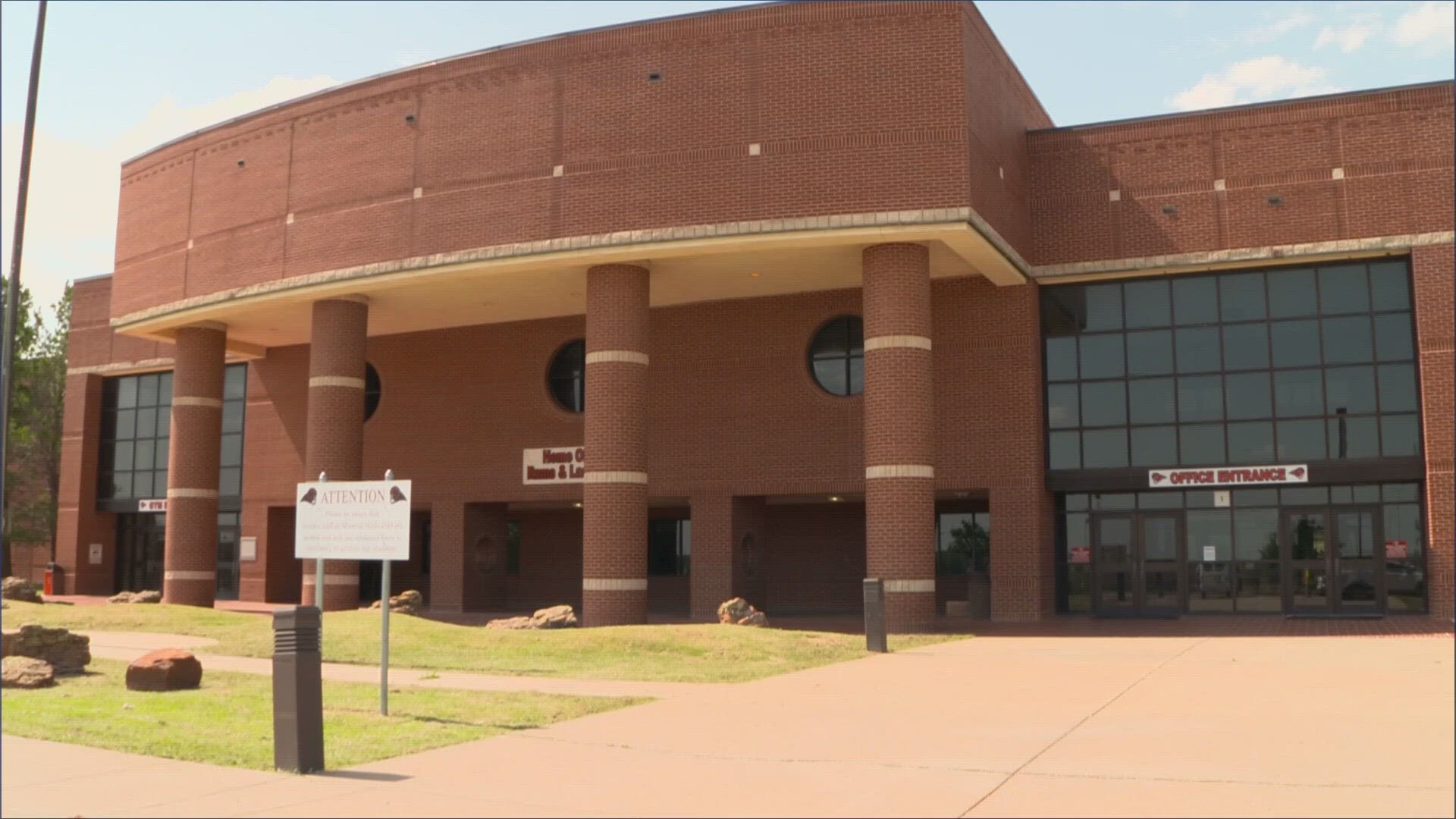MINERAL WELLS, Texas — After making the switch to a four-day school week a year ago, Mineral Wells ISD saw positive results.
Superintendent John Kuhn said the rural district, located about 55 miles west of Fort Worth, was in a challenging position leading up to the new 2022-2023 school year.
“We had a real problem, we were losing teachers,” Kuhn told WFAA.
Kuhn said multiple teachers left his district for neighboring schools, where districts offered a four-day school week.
Rather than compete, he joined other school districts to provide a three-day weekend as an incentive to attract high-qualified educators.
“This was not a change that we made lightly,” Kuhn said.
Kuhn and the board of trustees opted for longer school days and a Monday through Thursday school week. On Friday, childcare and tutoring became available for grade school students who needed daycare assistance. All students were sent home with free lunch meals for the three-day weekend through a partnership with the Backpack Buddy program.
One year later, Kuhn told WFAA he has no regrets about the decision.
“It worked,” Kuhn said. “We’ve seen improvements in our hiring, and not just filling the spots, but filling the spots with quality applicants.”
To date, more than 20 school districts across North Texas have opted for a four-day school week. Many of the districts are in rural areas, where attracting highly qualified teachers can be a challenge.
With the 2023-2024 school year just around the corner, Mineral Wells ISD only has a couple of teacher vacancies, Kuhn said. During this time last year, the district was up against double-digit teacher vacancies.
Ever since the district made the switch to a four-day school week, teacher attendance has improved, Kuhn said. The outcome meant less substitutes in classrooms last year, which led to 5-figure savings in substitute expenditures in three months. Student attendance, however, didn’t improve over the last year, Kuhn said. He's optimistic another school year with a four-day week will only lead to more improvements across the board.
“We were hopeful and very convinced that the number of minutes a kid sits in a chair or classroom isn’t the driving factor for quality of education,” Kuhn said. “We feel like the quality of the teacher is the most impactful thing for a student’s education.”
According to Kuhn, STAAR test results the district has received so far showed improvements.
“We saw improvements, but the testing actually got harder,” Kuhn said.
STAAR test results for the district’s high school-level showed student scores rose 9% in Algebra and English-1. The district’s high school biology scores saw an 8% improvement and U.S. history scores rose 3%. Scores remained flat in some subjects, but results didn’t show a decline in any subject.
The district is waiting for junior high and elementary-level test results, but Kuhn is optimistic based on other academic measures that showed progress.
The district surveyed teachers, parents and students in an effort to measure their thoughts on a four-day school week.
According to Kuhn, nearly 97% of teachers in the district said they’re happy with the four-day week, while 96% said they want it to continue. 94% of students said they’re happy with the four-day week, while 93% want it to continue. Of the high school parents were surveyed, nearly 86% said they’re happy with the four-day week, at the junior high level, 94% of parents responded positively and 84% of elementary parents were happy with the four-day week.
During the latest legislative session, the four-day school week was challenged. Senate bill 2368 aimed to end four-day school weeks like Mineral Well ISD’s, but the bill failed to move forward.
“The legislature took a good look at the four-day week this last session, and a lot of legislators are against it. That’s my concern, that it turns into a political football,” Kuhn said.

